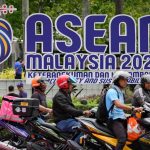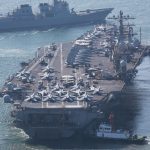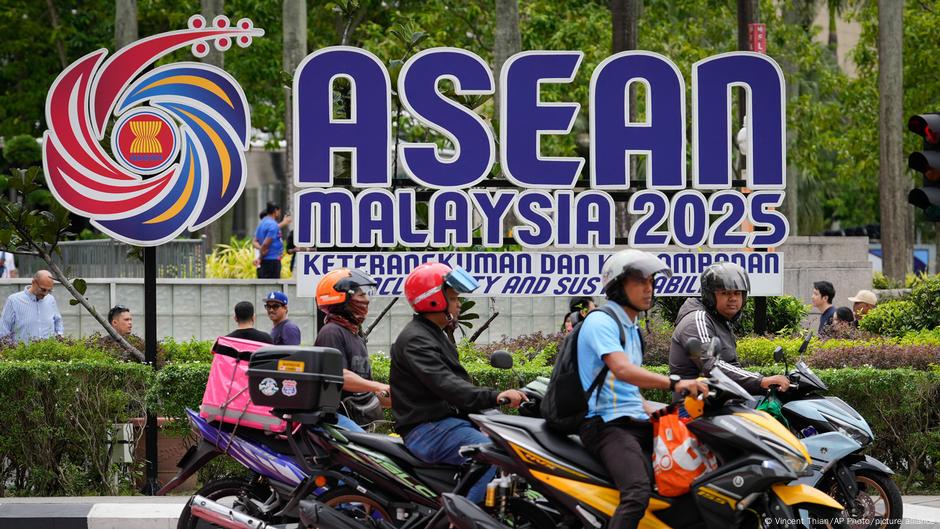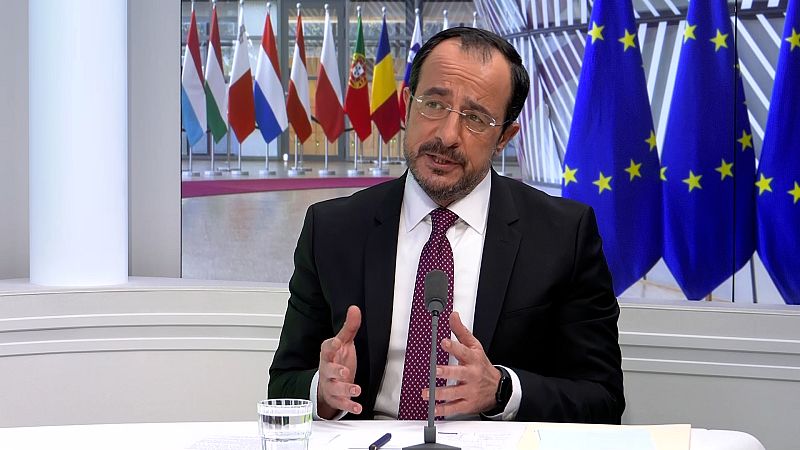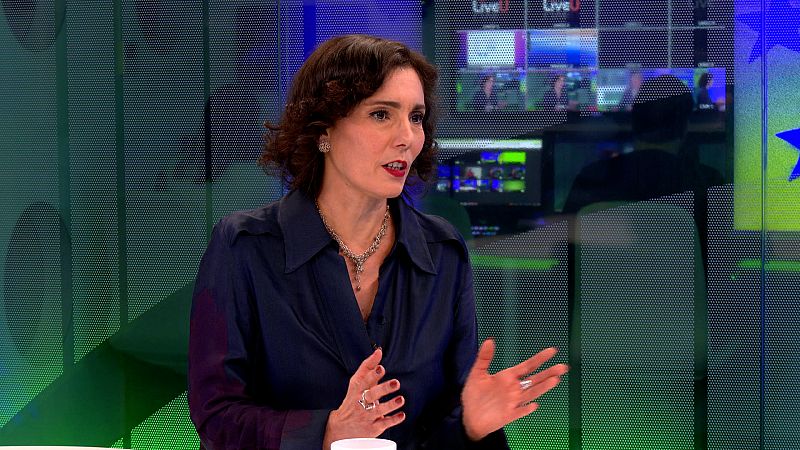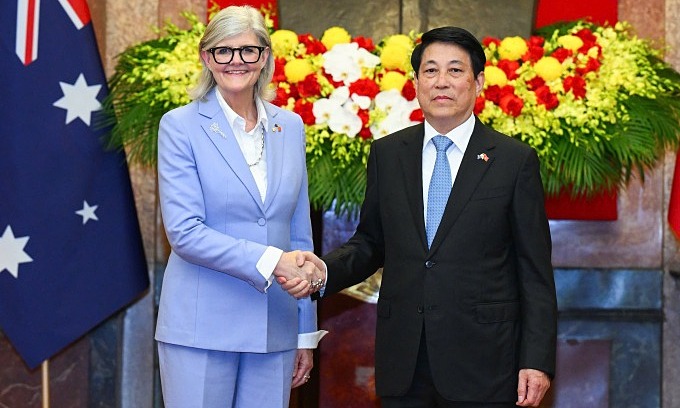Key Topics at the ASEAN Summit in Malaysia
The Association of Southeast Asian Nations (ASEAN) is set to hold its annual summit in Kuala Lumpur, Malaysia, this weekend. This gathering will bring together over 30 heads of state and government officials, including US President Donald Trump. The summit will focus on several pressing regional issues, with a particular emphasis on peace efforts in Myanmar and a potential agreement between Thailand and Cambodia.
One of the central topics will be the ongoing tensions along the Thai-Cambodia border, which have escalated into full-scale cross-border combat. The dispute, which dates back over a century, saw significant clashes in July that resulted in at least 43 deaths and the displacement of 300,000 civilians. A ceasefire agreement brokered by Malaysia, China, and the United States was signed on July 29, but tensions remain high. Thailand has accused Cambodia of laying land mines along the border, while Cambodia denies these claims and points to the legacy of its own decades-long civil war, which left it as one of the most heavily mined countries in the world.
US Involvement in Thai-Cambodian Peace Talks
President Trump has expressed a strong commitment to facilitating a lasting peace deal between Thailand and Cambodia. Initially, he threatened to impose higher trade tariffs on both nations if the conflict continued. However, after the signing of the July ceasefire, both countries secured a reduced tariff rate of 19%.
Experts suggest that Malaysia has strategically involved the United States in the negotiations, hoping that Washington’s political pressure and economic incentives will encourage both sides to adhere to the peace agreement. Mark S. Cogan, an associate professor of peace and conflict studies, noted that Malaysian diplomacy has played a crucial role in the talks. He predicts that the upcoming peace deal may be referred to as the “Kuala Lumpur Accord,” aiming to ensure both parties take reasonable steps to maintain the ceasefire.
ASEAN’s Struggles in Resolving the Myanmar Conflict
While the summit will address the Thai-Cambodian dispute, another major challenge for ASEAN is finding a peaceful solution to the conflict in Myanmar. Since the February 2021 military coup, the country has been engulfed in a civil war, leading to the displacement of over 3.5 million people and thousands of casualties. The military junta, led by Min Aung Hlaing, has announced plans to hold elections starting on December 28. However, international observers and human rights groups have criticized the move as a ploy to legitimize continued military rule.
ASEAN has been working to implement the Five-Point Consensus agreed upon in 2021, which includes ceasing violence, mediation, improved dialogue, humanitarian aid, and a visit from a special envoy. Despite these efforts, the implementation of the plan has been poor, and Myanmar’s military leaders are banned from attending high-level meetings with ASEAN due to their failure to comply.
ASEAN’s Divergent Approaches to Myanmar
Sharon Seah, a senior fellow at the ISEAS-Yusof Ishak Institute, suggests that Malaysia may introduce new conditions for Myanmar during the summit. She notes that ASEAN faces challenges due to differing approaches among its members, with some states advocating for isolation while others support engagement. This divergence has hindered progress in resolving the crisis in Myanmar.
Mark S. Cogan highlights that Malaysia has taken a cautious stance on Myanmar, but recent developments indicate a shift in its long-held policy of non-interference. He believes that without a significant change in ASEAN norms, there is little chance of meaningful progress emerging from the summit.
Expansion of ASEAN: A Positive Development
Despite the challenges, there is a positive note for ASEAN. On Sunday, Timor-Leste will become the 11th full member of the regional bloc. Timor-Leste first applied for membership in 2011 and has since made significant strides toward integration. This expansion marks a milestone for ASEAN, reflecting its growing influence and commitment to regional cooperation.

